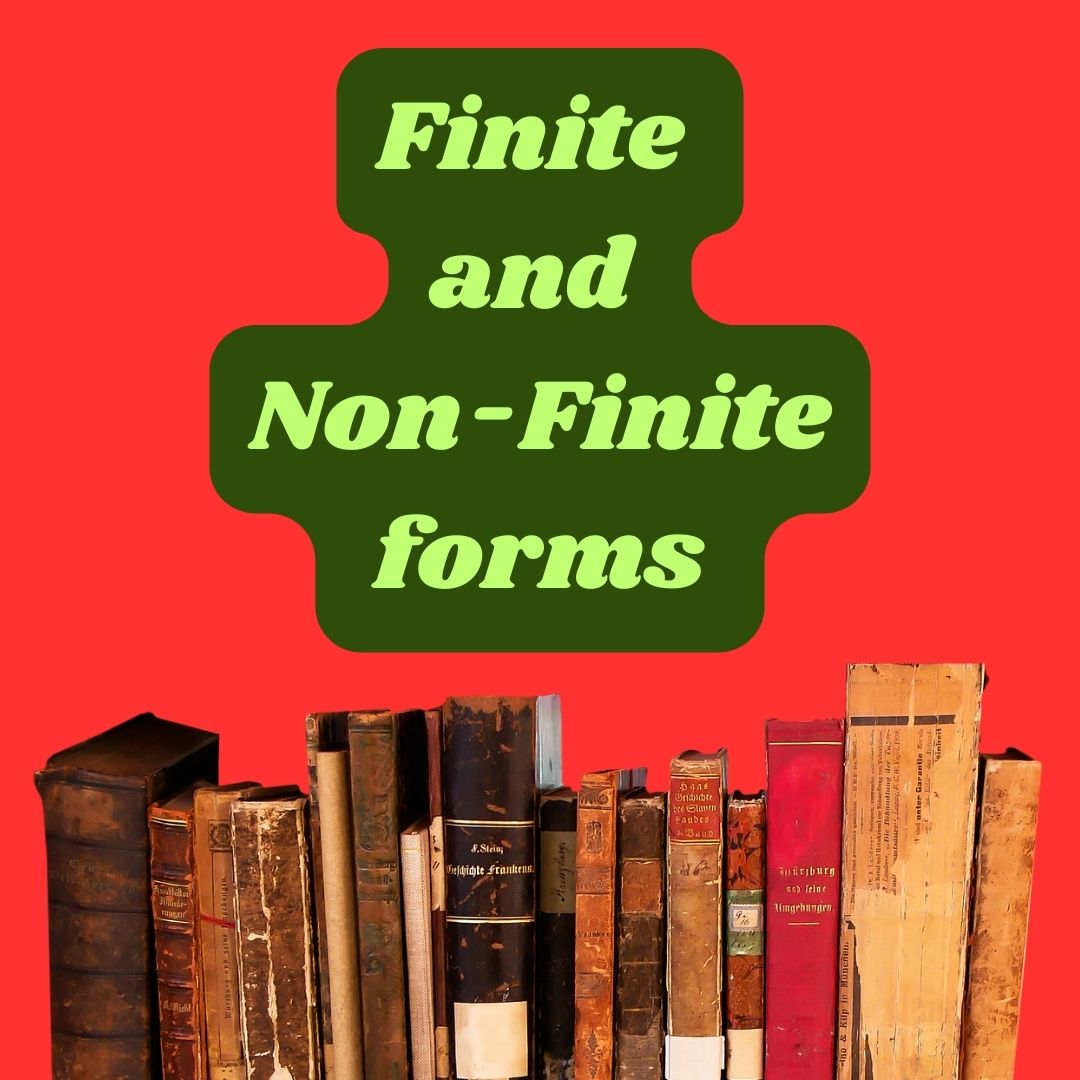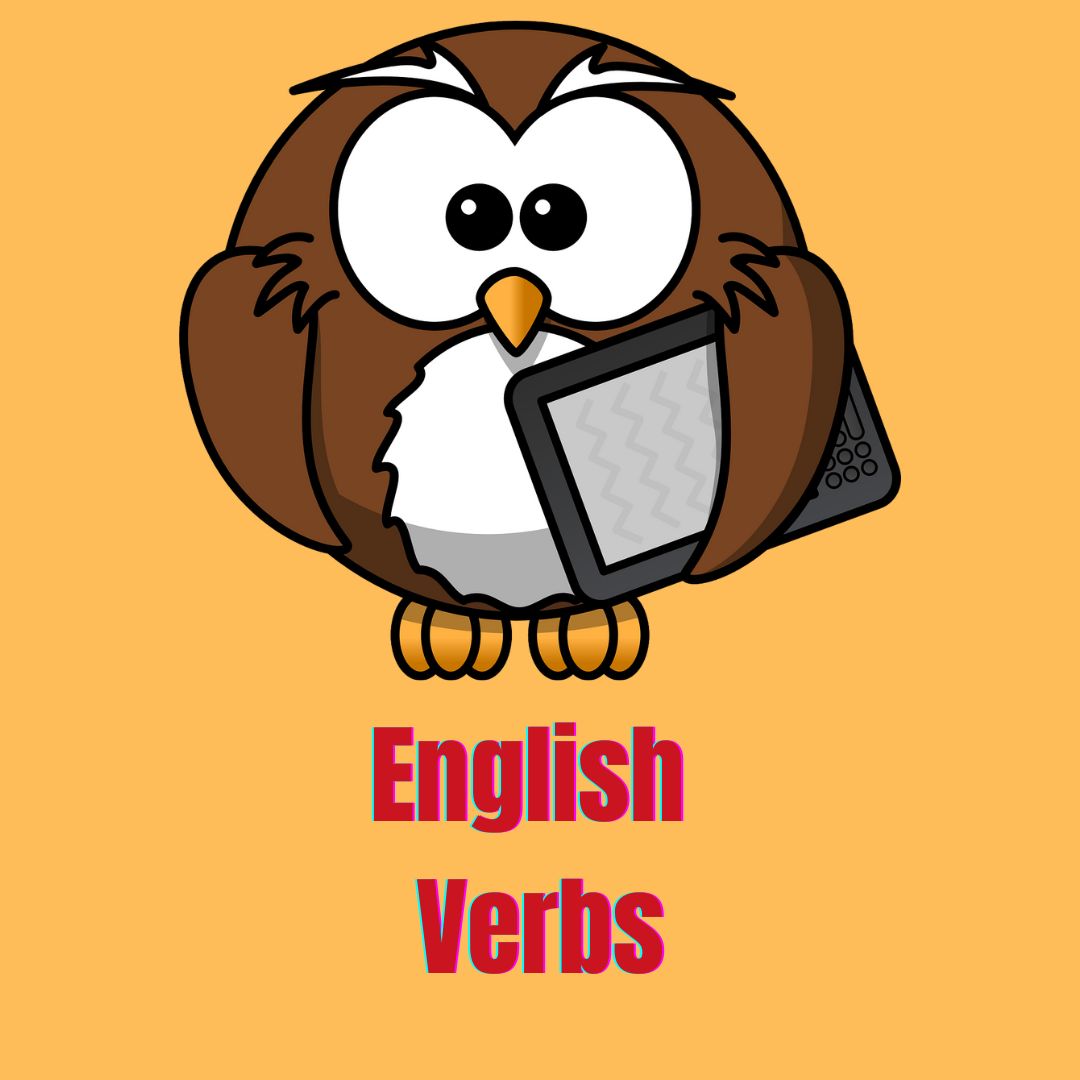Tag: state

Preposition – “In”
The preposition in can be used to indicate a period of time, especially when you want to convey that something happened during part or all of that time period. Here are some examples: I'll meet you in the morning.

The Subjunctive Mood
The subjunctive mood is used to express a hypothetical or non-real action or state, and is often used to express doubt, uncertainty, or desire. The verb to be is a particularly common verb used in the subjunctive mood.

The Group of Tenses of the Passive Voice
In the passive voice construction with to be and past participle, the focus is on the action being done to the subject, rather than the subject performing the action. This construction emphasizes the result or effect of the action, rather than who is doing the action. For example, in the sentence The cake was baked by the chef, the focus is on the cake and the fact that it was baked, rather than the chef who did the baking. This construction is useful when the doer of the action is unknown, unimportant, or when the speaker wants to emphasize the result of the action rather than who performed it.

Finite and non- finite forms of the Verbs
In grammar, a finite verb is a verb form that shows tense, person, number, and mood. A finite verb is used to indicate that the action or state of the verb is limited to a specific time or subject.

What is a Verb?
A verb is one of the nine parts of speech in the English grammar. It is a type of word that typically expresses an action, occurrence, or state of being. Verbs are essential in constructing sentences, as they indicate the relationship between the subject and the predicate of a sentence. In addition, verbs often undergo inflection to indicate tense, aspect, mood, or agreement with the subject.